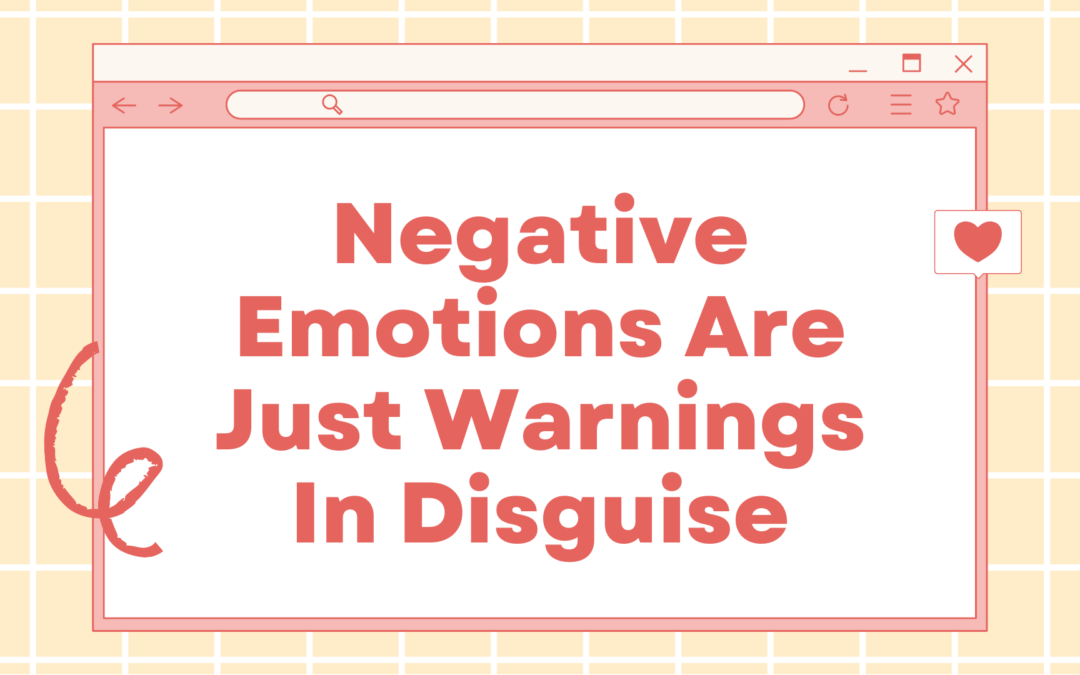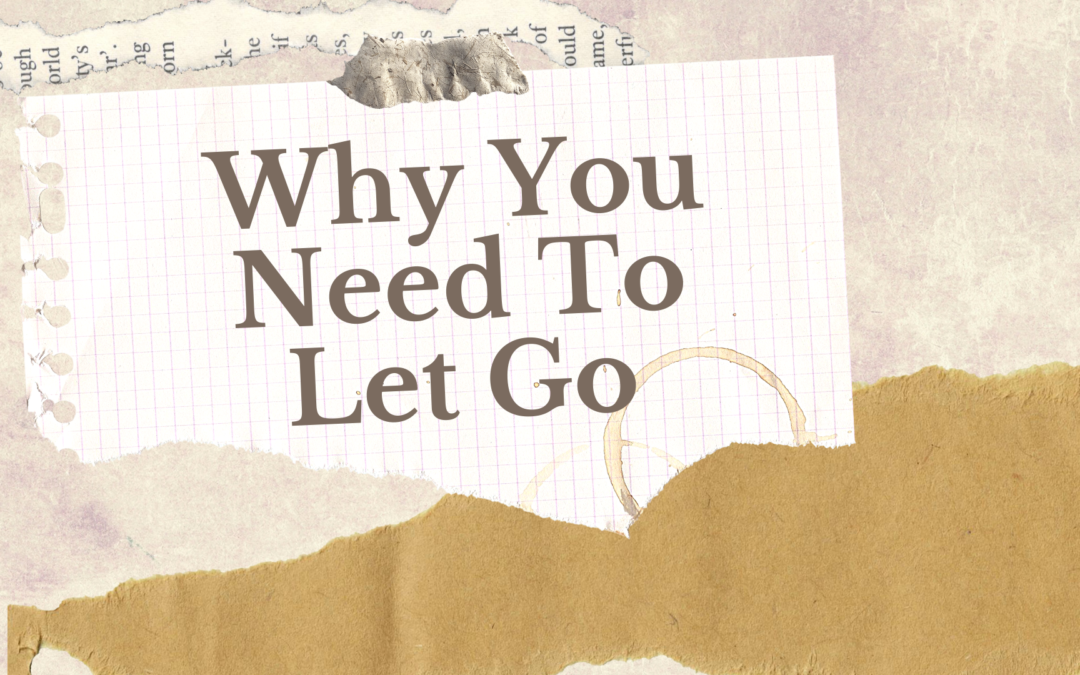
How Revisiting Ideas Leads to Insights
We are all familiar with the phrase, “lightbulb moment.” This commonly used saying is often associated with having a sudden and brilliant idea. But in reality, it is nearly impossible to have your best idea the first time you think about something. The most likely way to uncover important insights is to frequently revisit a problem. The longer you’re in the game, the more ideas bubble up to the surface. Time unlocks insights.
When looking for a solution or trying to come up with an idea, it’s easy to become fixated on getting that lightbulb moment as soon as possible. However, this often leads to tunnel vision and prevents us from seeing other possibilities and solutions that could be better than our initial thought. When we revisit an idea or problem, we are able to look at it from different angles and view it from multiple perspectives. This allows for new ideas and solutions that can be more creative and interesting than those thought of initially.
It also helps us realize how much we have grown in our knowledge and understanding since first starting on our project or journey towards finding a solution – because time has passed! So while revisiting may seem like a waste of time at first glance, it can actually help us make better decisions by providing clarity and direction on where we should focus our energy when pursuing our goals.
It’s important to remember that taking your time does not necessarily mean taking forever! It simply means allowing yourself enough space and time for your ideas to develop so you can reach your fullest potential as an innovator or creator. Taking your time also allows for experimentation with different approaches and techniques which can help you discover even more options than originally imagined. Additionally, taking your time lets you take breaks when needed which will help clear your headspace so you can come back with fresh eyes and renewed energy towards completing the task at hand -without sacrificing quality!
Allowing yourself extra time for revisiting ideas is not only beneficial but necessary in order for true creativity and innovation to occur! By taking breaks when needed, experimenting with different approaches, and viewing things from various perspectives, you will be able unlock powerful insights that will push both yourself as well as projects forward in amazing ways! So whenever possible don’t rush through tasks but take the necessary amount of time needed; this will ultimately result in higher quality work (and happier clients) all around!
P. S. Merry Christmas!




